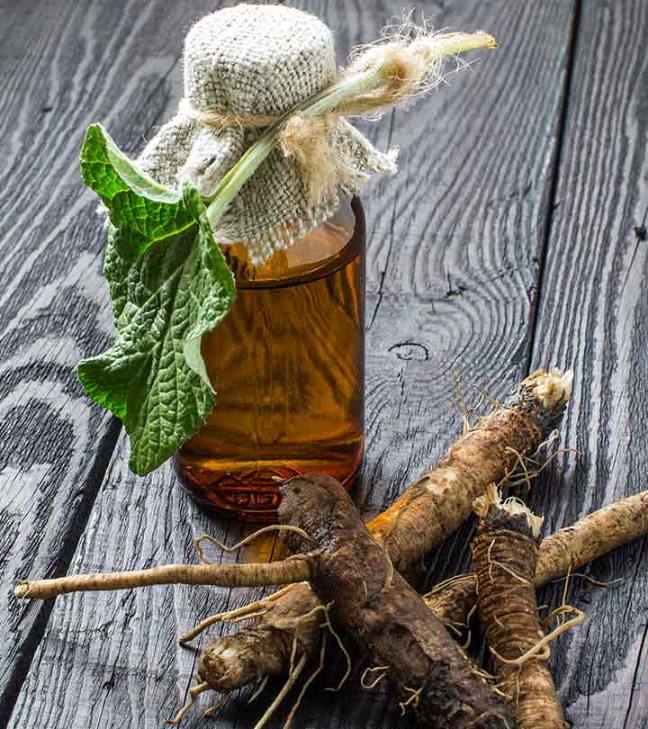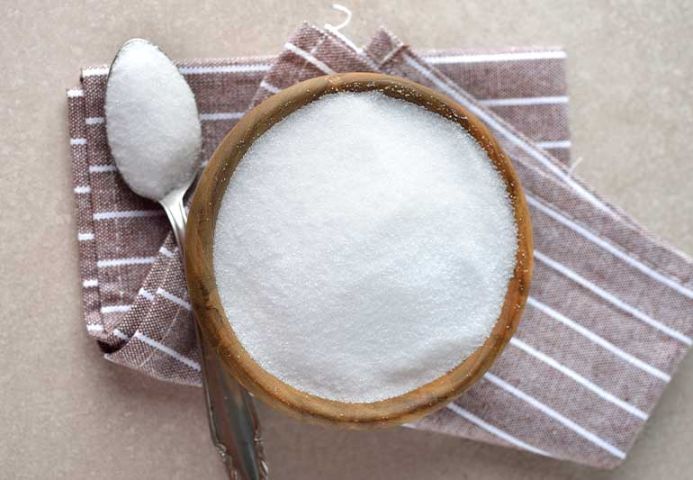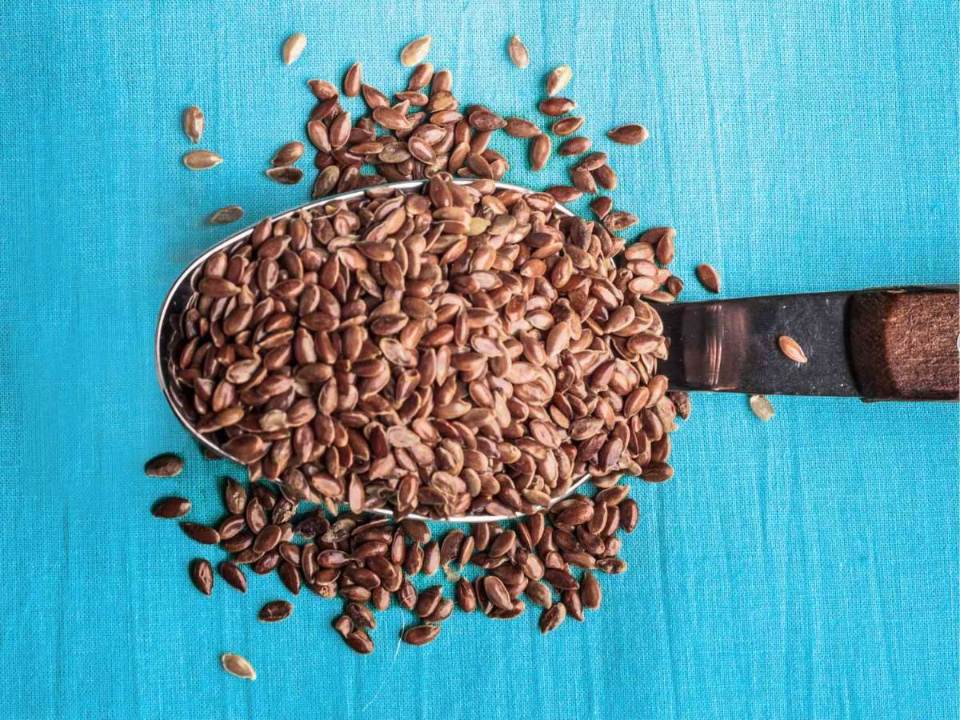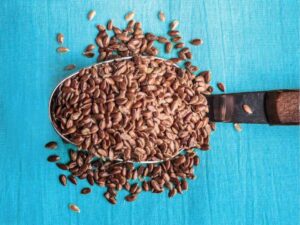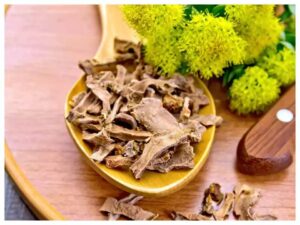Burdock: The Herb That Stood the Test of Time
Origins of Burdock Discovery: A Journey Through Time
The story of Burdock’s discovery is one of intrigue and mystique. This herbaceous plant is native to Europe and Asia and has been used for centuries in traditional medicine systems. However, the exact origin of Burdock’s discovery is unclear.
Burdock in Traditional Chinese Medicine
In traditional Chinese medicine, Burdock is known as “niu bang zi.” It has been used to treat a variety of conditions, including sore throats, colds, and skin diseases. According to legend, Burdock was discovered by an ancient Chinese emperor who was traveling through a forest. He noticed that his horse was feeling better after eating the plant’s leaves and decided to try it himself. The emperor found that the plant had a cleansing effect on his body and added it to his medicinal repertoire.
Burdock in European Folk Medicine
Burdock has a long history of use in European folk medicine. It was believed to have cleansing and purifying properties and was used to treat a range of ailments, including skin diseases, arthritis, and digestive problems. In medieval times, Burdock was considered a potent aphrodisiac and was used to increase sexual desire.
Burdock in Modern Science
In modern times, Burdock has gained attention for its potential health benefits. It is rich in antioxidants and has been shown to have anti-inflammatory and antibacterial properties. Burdock root extract has been used in various supplements and natural health products to support liver health, improve skin conditions, and boost immunity.
Burdock: An Herbal Puzzle to Solve
Despite the long history of Burdock’s use in traditional medicine systems, there is still much to learn about this herb. Scientists are still uncovering the mechanisms behind its therapeutic effects, and many of its traditional uses have yet to be fully explored.
One of the most perplexing aspects of Burdock is its ability to interact with the human body in a variety of ways. It contains a unique combination of phytochemicals, including lignans, inulin, and polyphenols, which contribute to its diverse therapeutic properties. However, the exact mechanisms by which these compounds interact with the body are not yet fully understood.
Burdock: A Story of Endurance
Despite the many mysteries that surround it, Burdock has stood the test of time as a potent natural remedy. It has been used for centuries by traditional healers and is still widely used today for its potential health benefits. As scientists continue to explore the plant’s properties, we may discover even more reasons to appreciate this enigmatic herb.
In conclusion, the story of Burdock’s discovery is one of many twists and turns. From ancient emperors to modern scientists, many have sought to understand the secrets behind this plant’s therapeutic properties. While much remains to be uncovered, Burdock’s enduring popularity is a testament to its unique and valuable contributions to natural medicine.
As we delve deeper into the mysteries of Burdock, we may find that it holds even more potential for healing and wellness. Its diverse range of phytochemicals makes it a fascinating subject of study for researchers looking to develop new natural remedies.
One of the most intriguing properties of Burdock is its ability to support liver health. The liver is responsible for filtering toxins from the body, and Burdock’s detoxifying properties may help support this crucial organ. Studies have shown that Burdock root extract can help protect the liver from damage caused by toxins and oxidative stress.
Burdock’s anti-inflammatory properties may also make it a valuable tool for managing chronic conditions such as arthritis. Inflammation is a key driver of joint pain and stiffness, and Burdock’s ability to reduce inflammation may help alleviate these symptoms.
Another area of interest for researchers is Burdock’s potential anti-cancer properties. Some studies have suggested that Burdock may have anti-tumor effects, although more research is needed to fully understand the mechanisms behind this.
Despite the many potential benefits of Burdock, it’s important to note that more research is needed to confirm its efficacy and safety. As with any natural remedy, it’s important to consult with a healthcare professional before using Burdock as a treatment.
In summary, Burdock’s discovery is a story that spans centuries and continents. Its enduring popularity is a testament to its unique properties and potential for healing. As scientists continue to unravel the mysteries of this enigmatic herb, we may find even more reasons to appreciate its valuable contributions to natural medicine.
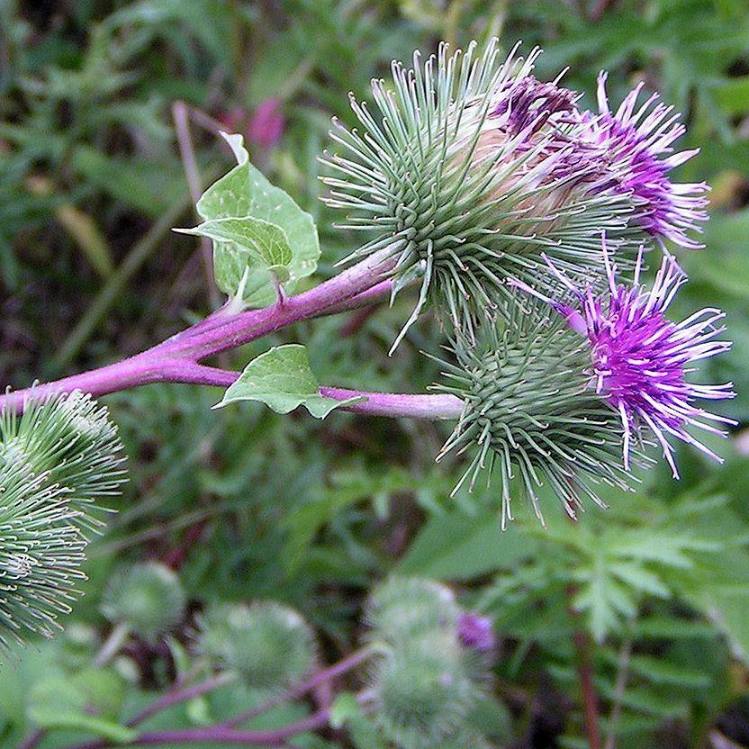
The Many Benefits of Burdock: Exploring the Health Benefits of this Enigmatic Herb
Overview of Burdock
Burdock is a member of the Asteraceae family, which includes plants such as dandelions and chamomile. The plant can grow up to 10 feet tall and has large, broad leaves and purple flowers. The root of the Burdock plant is the part that is used medicinally.
Burdock root contains a unique combination of phytochemicals, including lignans, inulin, and polyphenols. These compounds give Burdock its potential therapeutic properties and make it a fascinating subject of study for researchers.
Burdock and Detoxification
Burdock is perhaps best known for its ability to support the body’s natural detoxification processes. The liver is responsible for filtering toxins from the body, and Burdock’s detoxifying properties may help support this crucial organ.
Studies have shown that Burdock root extract can help protect the liver from damage caused by toxins and oxidative stress. In one study, researchers found that Burdock root extract reduced liver damage in rats exposed to a toxic chemical.
Burdock’s diuretic properties may also help flush toxins from the body. By increasing urine output, Burdock may help remove excess fluids and waste products from the body.
Burdock and Immunity
Burdock may also have benefits for the immune system. It is rich in antioxidants, which help protect the body from damage caused by free radicals. Free radicals are unstable molecules that can damage cells and contribute to the development of chronic diseases.
Burdock root also contains polysaccharides, which are complex sugars that have been shown to have immune-boosting effects. Polysaccharides stimulate the activity of white blood cells, which are the cells responsible for fighting off infections and disease.
Burdock and Skin Health
Burdock has long been used as a natural remedy for skin conditions such as eczema, psoriasis, and acne. Its anti-inflammatory properties may help reduce redness, swelling, and irritation associated with these conditions.
Burdock root contains a compound called arctigenin, which has been shown to have antibacterial and antifungal properties. This may help reduce the growth of bacteria and fungi on the skin, which can contribute to the development of acne and other skin infections.
Burdock’s cleansing and purifying properties may also help support overall skin health. By removing toxins from the body, Burdock may help promote clearer, healthier skin.
Burdock and Diabetes
Burdock may have potential benefits for managing diabetes. The plant contains inulin, a type of fiber that has been shown to improve blood sugar control in people with diabetes.
Inulin works by slowing the absorption of glucose in the intestines, which can help prevent blood sugar spikes. In one study, researchers found that supplementing with inulin improved glycemic control in people with type 2 diabetes.
Burdock and Arthritis
Burdock’s anti-inflammatory properties may make it a valuable tool for managing arthritis. Inflammation is a key driver of joint pain and stiffness, and Burdock’s ability to reduce inflammation may help alleviate these symptoms.
Studies have shown that Burdock root extract can reduce inflammation in animal models of arthritis. While more research is needed to confirm its efficacy in humans, Burdock may hold promise as a natural remedy for this common condition.
Burdock and Cancer
Some studies have suggested that Burdock may have potential anti-cancer properties. The plant contains compounds that have been shown to have anti-tumor effects in laboratory studies.
One of these compounds is arctigenin, which has been shown to inhibit the growth of cancer cells in test tubes. Another compound found in Burdock, lappaol A, has been shown to have anti-cancer effects in animal studies.
While more research is needed to fully understand the potential anti-cancer properties of Burdock, these early studies suggest that the plant may have promise as a natural remedy for cancer.
Burdock and Heart Health
Burdock may also have potential benefits for heart health. The plant contains compounds that have been shown to lower blood pressure and cholesterol levels.
In one study, researchers found that Burdock root extract reduced blood pressure in rats with hypertension. Another study found that Burdock extract reduced cholesterol levels in rats fed a high-cholesterol diet.
While more research is needed to confirm its efficacy in humans, Burdock may hold promise as a natural remedy for maintaining cardiovascular health.
How to Use Burdock
Burdock can be consumed in a variety of forms, including capsules, teas, and tinctures. The root can also be cooked and eaten as a vegetable.
When using Burdock as a natural remedy, it’s important to consult with a healthcare professional before use, especially if you are pregnant, nursing, or taking medication.
Conclusion
Burdock is a fascinating herb with a long history of use in traditional medicine systems. Its unique combination of phytochemicals gives it potential therapeutic properties, and modern research is beginning to uncover the mechanisms behind its many benefits.
While more research is needed to fully understand the potential health benefits of Burdock, its long history of use as a natural remedy suggests that it may have valuable contributions to offer. As always, it’s important to consult with a healthcare professional before using Burdock as a treatment for any health condition.
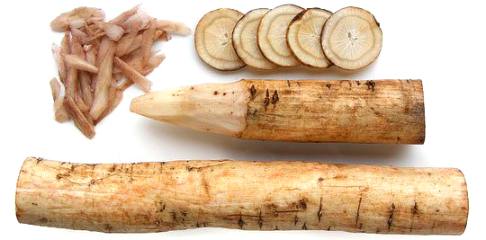
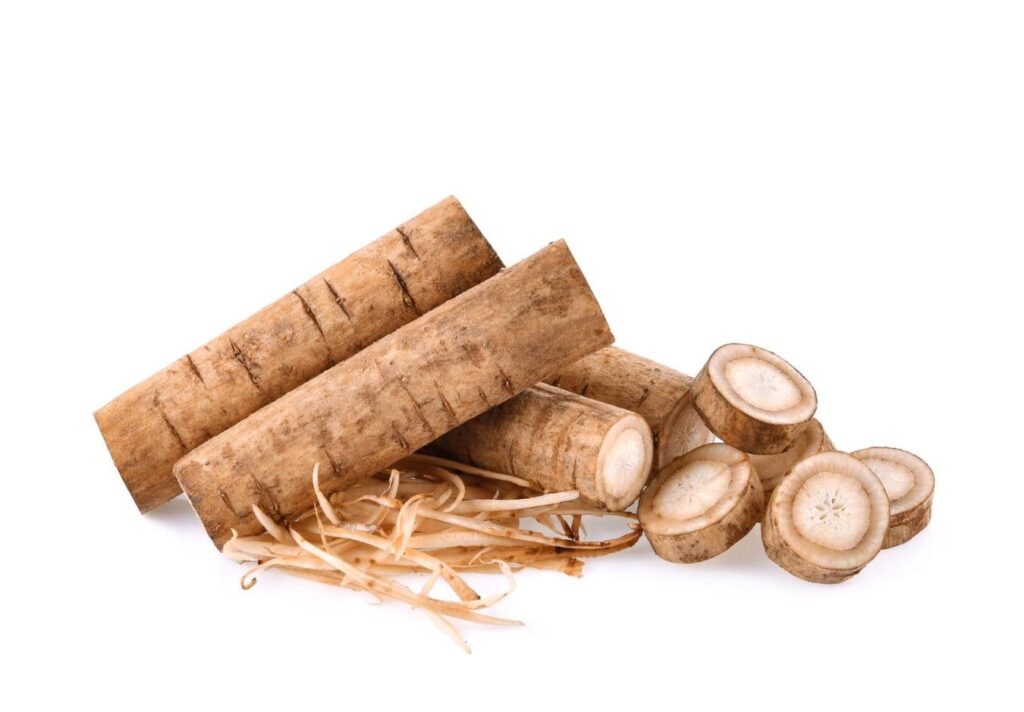
The Nutritional Components and Core Ingredients of Burdock: A Comprehensive Overview
Nutritional Components of Burdock
Burdock root is a rich source of many important nutrients. It contains vitamins, minerals, and dietary fiber, all of which are important for maintaining good health.
One of the key nutrients in Burdock is inulin, a type of soluble fiber. Inulin has prebiotic effects, meaning it helps feed the beneficial bacteria in the gut. This can help improve digestion and support overall gut health.
Burdock root is also a good source of potassium, which is important for maintaining healthy blood pressure levels. It also contains magnesium, which is essential for bone health and muscle function.
Core Ingredients of Burdock
Burdock root contains a unique combination of phytochemicals, which gives it its potential therapeutic properties. These include lignans, inulin, and polyphenols.
Lignans are phytoestrogens, meaning they have a structure similar to estrogen. They have been shown to have anti-cancer effects and may help reduce the risk of hormone-related cancers such as breast and prostate cancer.
Inulin is a type of soluble fiber that has prebiotic effects. It has been shown to improve gut health and may also help improve blood sugar control in people with diabetes.
Polyphenols are a type of antioxidant that are found in many plant-based foods. They help protect the body from damage caused by free radicals and may have anti-inflammatory effects.
Health Benefits of Burdock’s Nutritional Components and Core Ingredients
Burdock’s nutritional components and core ingredients may have many potential health benefits. Here are some of the ways in which they may support good health:
- Improve digestion: Burdock root’s inulin content may help improve gut health by feeding the beneficial bacteria in the gut. This can help improve digestion and reduce the risk of digestive disorders such as irritable bowel syndrome.
- Support heart health: Burdock root’s potassium content may help support healthy blood pressure levels, which can reduce the risk of heart disease.
- Boost immunity: Burdock root’s polysaccharides may help boost the immune system by stimulating the activity of white blood cells.
- Reduce inflammation: Burdock’s polyphenols may help reduce inflammation in the body, which can contribute to the development of chronic diseases such as arthritis.
- Promote healthy skin: Burdock root’s anti-inflammatory and antibacterial properties may help improve skin conditions such as acne, eczema, and psoriasis.
- Support liver health: Burdock root’s detoxifying properties may help support liver health by helping to remove toxins from the body.
- Manage diabetes: Burdock root’s inulin content may help improve blood sugar control in people with diabetes by slowing the absorption of glucose in the intestines.
How to Incorporate Burdock into Your Diet
Burdock root can be consumed in a variety of forms, including teas, tinctures, and supplements. It can also be cooked and eaten as a vegetable.
One easy way to incorporate Burdock into your diet is to make Burdock tea. Simply steep Burdock root in hot water for several minutes and drink as a tea. Burdock root can also be added to soups, stews, and stir-fries for a nutritious and flavorful addition to your meals.
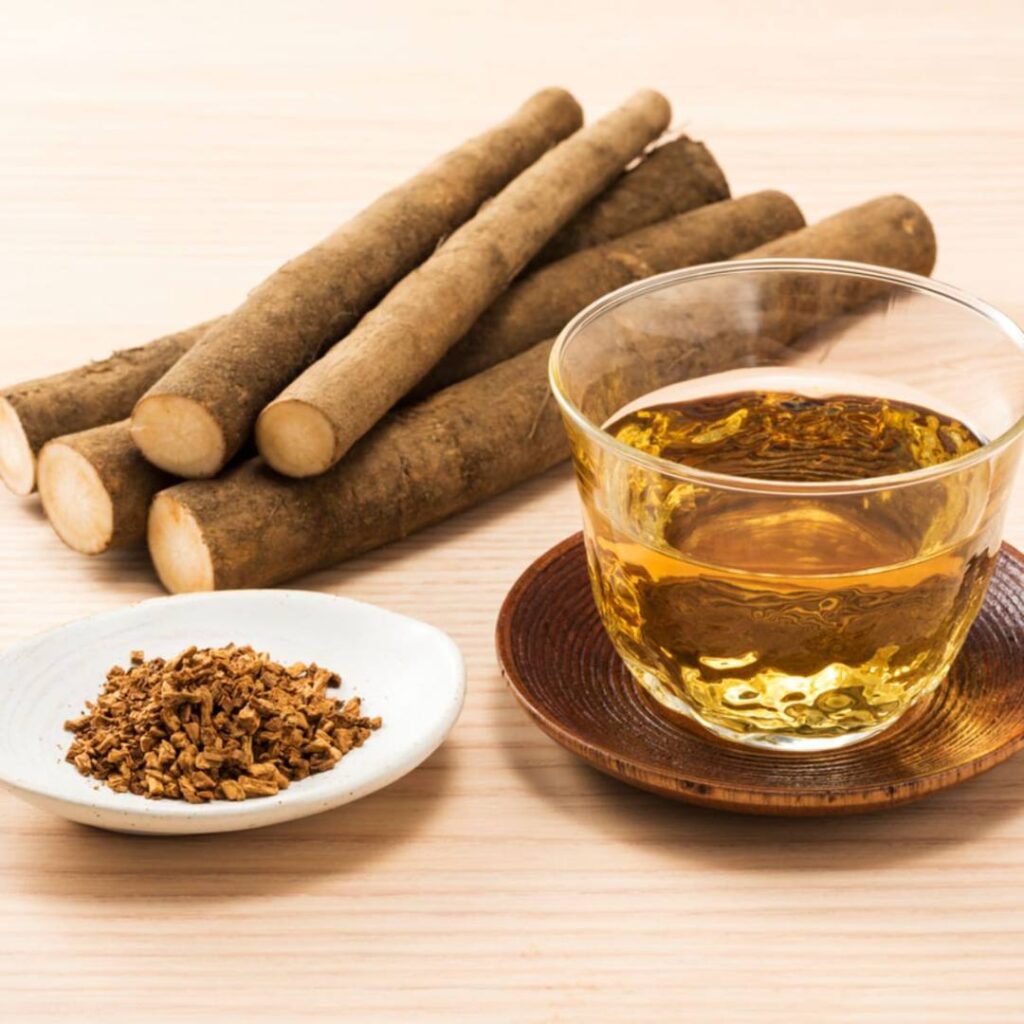
Methods for Consuming Burdock: A Comprehensive Guide
Burdock Tea
Burdock tea is one of the most popular methods for consuming Burdock. It’s easy to make and can be enjoyed hot or cold. To make Burdock tea, simply steep Burdock root in hot water for several minutes.
Burdock tea is rich in antioxidants, which can help protect the body from damage caused by free radicals. It may also have potential benefits for the immune system and digestive health.
Burdock Capsules and Supplements
Burdock capsules and supplements are another popular way to consume Burdock. These products typically contain Burdock root extract, which is a concentrated form of the plant’s active compounds.
Burdock capsules and supplements may have potential benefits for liver health, skin health, and inflammation. They may also help support the body’s natural detoxification processes.
It’s important to note that Burdock supplements should be used with caution, especially if you are taking medication or have a pre-existing medical condition. Always consult with a healthcare professional before taking any new supplement.
Burdock Tinctures
Burdock tinctures are a concentrated form of Burdock extract that can be added to water or taken directly. Tinctures are a convenient way to consume Burdock, and they can be easily added to drinks or taken on the go.
Burdock tinctures may have potential benefits for liver health, digestion, and skin health. They may also have anti-inflammatory and immune-boosting effects.
Cooking with Burdock
Burdock root can also be cooked and eaten as a vegetable. It has a mild, earthy flavor and a slightly crunchy texture.
To prepare Burdock root, first peel the skin off with a vegetable peeler. Then, slice the root into thin strips and cook in a stir-fry, soup, or stew.
Cooking with Burdock can provide a nutritious and flavorful addition to your meals. It may also have potential benefits for digestion and immune health.
Burdock Oil
Burdock oil is a topical product that is made by infusing Burdock root in a carrier oil, such as olive or coconut oil. The oil can then be applied to the skin to help improve skin health.
Burdock oil may have potential benefits for acne, eczema, and psoriasis. Its anti-inflammatory and antibacterial properties may help reduce redness, swelling, and irritation associated with these conditions.
Precautions and Considerations
While Burdock is generally considered safe for most people, there are some precautions and considerations to keep in mind. Here are some things to keep in mind when consuming Burdock:
- Burdock may interact with certain medications, including blood thinners and diuretics. Always consult with a healthcare professional before using Burdock if you are taking medication.
- Burdock may cause allergic reactions in some people. If you experience any symptoms of an allergic reaction, such as hives or difficulty breathing, stop using Burdock immediately and seek medical attention.
- Burdock may have diuretic effects, meaning it can increase urine output. If you have kidney disease or are taking medication that affects the kidneys, talk to a healthcare professional before using Burdock.

Potential Side Effects and When to Avoid Taking Burdock: Important Considerations
Allergic Reactions
Like any herb or supplement, Burdock can cause allergic reactions in some people. If you experience symptoms such as hives, swelling, or difficulty breathing after consuming Burdock, stop taking it immediately and seek medical attention.
Interactions with Medications
Burdock may interact with certain medications, including blood thinners and diuretics. If you are taking medication, it’s important to consult with a healthcare professional before using Burdock.
Kidney Disease
Burdock has diuretic effects, meaning it can increase urine output. While this can be beneficial for some people, it may be harmful for those with kidney disease or other kidney problems. If you have kidney disease or are taking medication that affects the kidneys, talk to a healthcare professional before using Burdock.
Pregnancy and Breastfeeding
There is limited research on the safety of Burdock during pregnancy and breastfeeding. While some traditional medicine systems recommend Burdock for these stages of life, it’s important to consult with a healthcare professional before using Burdock if you are pregnant or breastfeeding.
Toxicity
Burdock root can accumulate toxic compounds, especially in polluted areas. While this is not typically a concern for commercially available Burdock products, it’s important to be cautious when consuming Burdock from wild sources or areas with high levels of pollution.
The Drug Interactions of Burdock: Important Considerations
Blood Thinners
Burdock may interact with blood thinners, including warfarin and aspirin. Burdock contains coumarins, which can thin the blood and increase the risk of bleeding. If you are taking blood thinners, it’s important to consult with a healthcare professional before using Burdock.
Diuretics
Burdock may also interact with diuretics, which are medications that increase urine output. Burdock has diuretic effects, meaning it can also increase urine output. If you are taking diuretics, it’s important to consult with a healthcare professional before using Burdock.
Insulin and Blood Sugar-Lowering Medications
Burdock may interact with insulin and blood sugar-lowering medications, including metformin and insulin injections. Burdock contains inulin, a type of soluble fiber that can slow the absorption of glucose in the intestines. If you are taking insulin or blood sugar-lowering medications, it’s important to monitor your blood sugar levels closely if you are using Burdock.
Anticoagulants
Burdock may also interact with anticoagulants, which are medications that prevent blood clots. Burdock contains compounds that can thin the blood, increasing the risk of bleeding. If you are taking anticoagulants, it’s important to consult with a healthcare professional before using Burdock.
Other Medications
Burdock may also interact with other medications, including those used to treat high blood pressure, depression, and anxiety. If you are taking medication, it’s important to consult with a healthcare professional before using Burdock.
Conclusion
Burdock is a fascinating herb that has potential benefits for a variety of health conditions. While it is generally considered safe for most people, it may interact with certain medications. Always consult with a healthcare professional before using Burdock, especially if you are taking medication. With proper precautions, Burdock can be a safe and effective natural remedy for a variety of health concerns.
